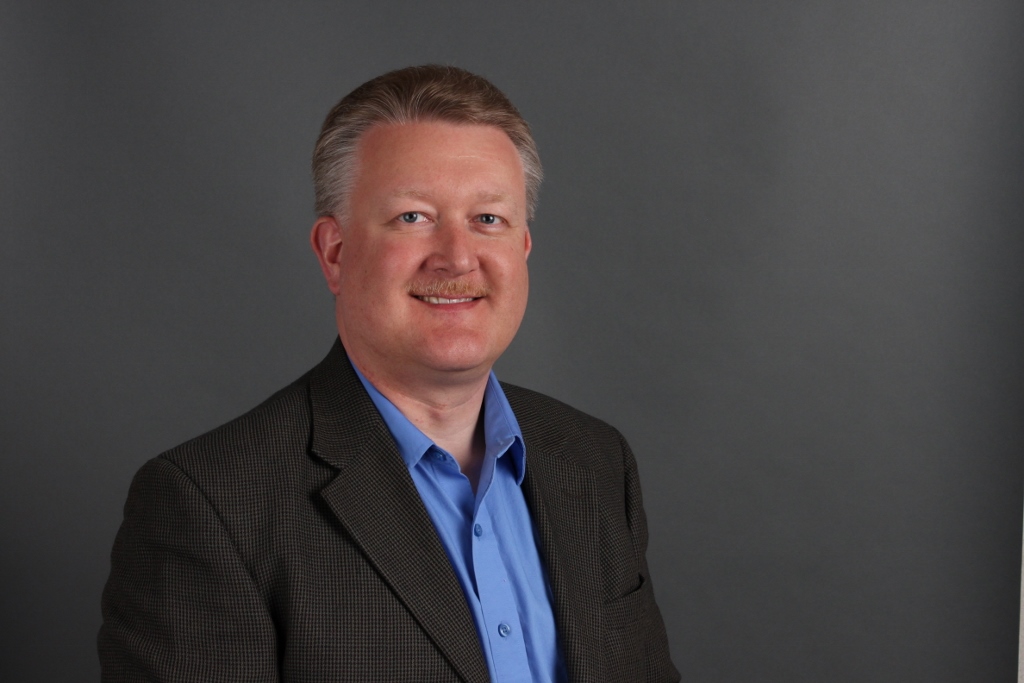Inspirational Stories
Todd
chronic lymphocytic leukemia (CLL)
I was diagnosed at age 33 as a result of an unrelated blood test, very young, I was told. Fluorescence in situ hybridization (FISH) showed low risk. My local oncologist sent me to a regional teaching hospital to get a second opinion, and that opinion was, "If I had to pick a cancer, this would be it." Terrible start!
I started doing research and found chronic lymphocytic leukemia (CLL) topics which helped a lot initially, but at that time, it was all about fludarabine, cyclophosphamide, and rituximab (FCR) remember this was 2003. Eventually, I connected with a few people in the state who were going through “watch and wait” (W&W) or treatment and found a clinical trial at MD Anderson. The trial was unsuccessful (MyVax), but I got valuable insight from and an ongoing sounding board in Bill Wierda.
After 10 asymptomatic years of W&W, we elected to start FCR at my local oncologist due to 350k+ WBC and thrombocytopenia. This was before initial ibrutinib trials were complete, plus I still had a favorable genotype. I had few side effects or discomfort except for one neutropenic scare after the second round.
After two years, I was already relapsing and now discovered I was 17p-. I was referred to Mayo for the acalabrutinib trial. That did its job, but a bit over four years in, I developed resistance to Bruton tyrosine kinase inhibitors (BTKis). Two years after that, I started the Venclexta®+Gazyva® regimen locally. I completed two years of Ven this past spring and have been on W&W again. When the next treatment needs to start, it will probably be pirtobrutinib or some other combo, but down the road, we've talked about CAR-T and even a transplant. I'm still "young" in the context of CLL, and even with 17p-, I have managed to keep knocking it down. Still, I have one ongoing fear that I will transition to Richter's, and in short order, that will be it. I try not to think about it.
Summing up, I am a 20+ year survivor and hope to get at least 20+ more. Yes, I keep relapsing, but each success gives the research community more time to come up with the next big thing. I have to point out that during these 20 years, other than a blip during FCR, my overall health and quality of life have not been affected by either CLL or treatment. The CLL has never presented symptoms by itself. Infections haven't seemed to be more frequent or severe than anyone else's, even COVID-19, though I do get intravenous immunoglobulin (IVIg) regularly and get all the vaccinations I can. The Calquence® and Venclexta® regimens were both cakewalks, and even the FCR was mostly uneventful (you don't lose your hair!). I have been fortunate that my job has been extremely flexible to allow whatever time off I needed, and between insurance (including LLS!) and the nature of the clinical trials, finances have largely been non-stressful. My personality is generally pretty even-keeled, so I have avoided long-term emotional stress, depression, and other negatives. Since day one, I have also been a voracious consumer of research, trying to stay on top of this the best I can so that I can be a productive part of my care team and not just passively accept whatever a doctor says. I have had access to world-class expertise at MDACC and Mayo, and my local team has respected both their input and my own. Not everyone will be so fortunate, so your mileage may vary. Whatever your circumstances, BE YOUR OWN ADVOCATE!
